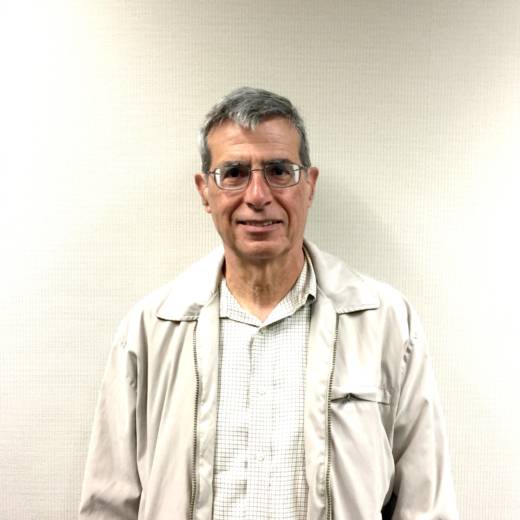On April 22, scientists and science supporters will march for science. As a retired chemist I'm hoping my participation will bolster support for the practitioners of science and its methodology. But it's a fair question to ask why such a march is necessary.
I worked as a research scientist for a large oil company for 30 years and I'm aware that science can be a tool to promote institutional agendas. But my respect for science and scientists is profound. I was born in 1950 and grew up in a time of unwavering support for science. That support enabled a young boy, whose parents never completed high school, to pursue an advanced degree in chemistry and be part of an unparalleled period of scientific discovery. The basic sciences of physics, chemistry and biology vastly increased our knowledge of the natural world and greatly improved our quality of life.
Science is increasingly a collaborative endeavor housed in large institutions. But the public mistrusts large institutions and that mistrust is exploited by cynical people in government, industry and media to delegitimize science when it benefits their own agendas.
My confidence in science and its institutions comes from a lifetime of interaction with other scientists. Overwhelmingly they are ethical, competent, thoughtful people who have trained long and hard to make their contribution. Cynical portrayals of them as tools of an institutional agenda are simply wrong. Neil Gorsuch, President Trump's Supreme Court nominee found attacks on the judiciary "demoralizing and disheartening." I feel the same way about my own profession.
We need more and better science to cope with the global risks of climate change and infectious disease. Increasingly it is up to the individual scientist to engage the public and define for themselves who they are and what they stand for, or risk having the cynics do it for them.
